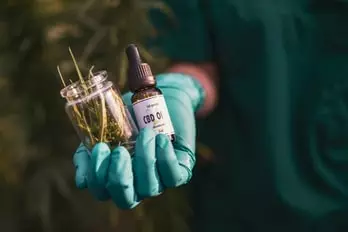Last Updated on: 10th March 2025, 12:35 pm
How Cannabidiol Can Impact Your Dental Health
Marijuana or cannabis is derived from the cannabis sativa plant and has been used for recreational use by people for decades. However, research has been growing, allowing us to know the benefits and risks of consuming its derivatives, thus leading to the development of all kinds of natural products derived from different components, all oriented to multiple uses. This has made it earn great popularity , especially in the pharmaceutical field and mainly cosmetics and medicine.
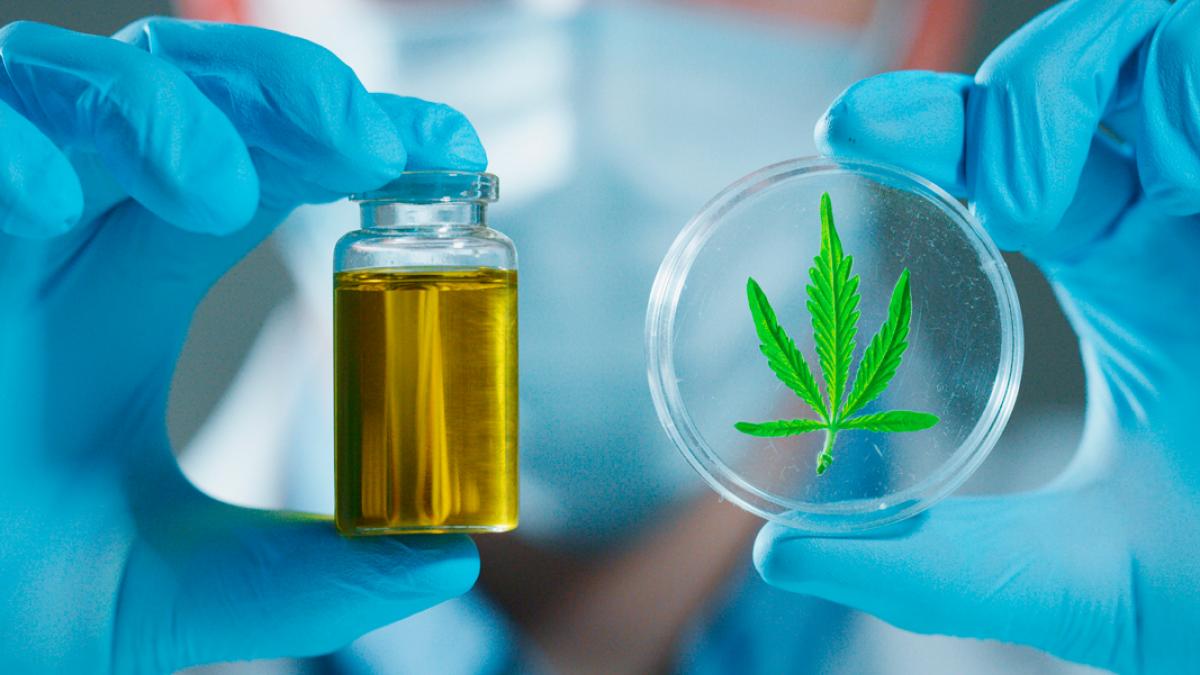
It is estimated that in recent years with state legalization that its consumption has increased dramatically, with around 45% of Americans indicating they have tried marijuana at least once. This increase is also associated with its mild sedative effect and in some cases its medical use due to its analgesic and antiemetic properties.
The chemical analysis of cannabis has identified more than 500 compounds of which 120 are cannabinoids, one being tetrahydrocannabinol (THC). It is responsible for psychoactive and highly addictive effects, which also generate cognitive and psychomotor impairment. This isolation of cannabis components has been the focus of several studies that allow the identification of and have favored the development of further research in dental health.
What is CBD?
Of the cannabinoids derived from cannabis, cannabidiol (CBD) has a different effect on the brain without psychotropic activity. This has been shown in conjunction with anti-inflammatory, antibacterial, analgesic properties,among other types of disease management.
CBD has become a valuable management tool in medicine (used for anxiety, epilepsy, pain, a muscle disorder called dystonia, Parkinson’s disease, Crohn’s disease, and many other conditions) and dentistry as it fights plaque dental and periodontal disease, among other conditions.
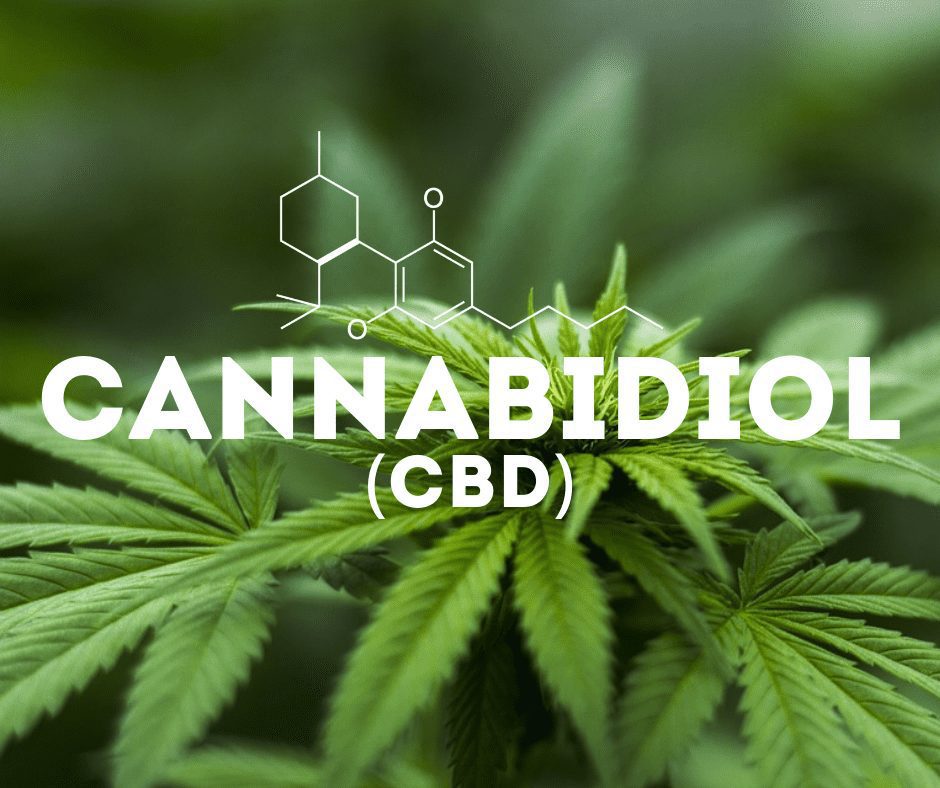
The routes of administration of this product derived from the hemp plant in the form of oil may be different, and effectiveness has not been shown to show a significant variation.
- Oral (by mouth in capsule, tablet, or pill form)
- Topical (on the skin in the form of creams, lotions, ointments)
- Inhaled (in the form of oil, smoked, or vaped)
- Sublingual (under the tongue in the form of alcoholic solution or tincture, and oral sprays)
- Edible (administration as food by mouth; e.g. chewing gum, toothpaste)
- Dental floss
Although this substance is not controlled, over-the-counter products and supplements are not approved by the FDA since they have not been shown to contain traces of tetrahydrocannabinol (THC). However, some studies have identified that cannabis sativa extract has inhibitory effects on different bacteria. This means that it prevents its growth and eliminates that already present. These findings have generated different uses and patents that have become a trend in health and cosmetics.
Effect of CBD on dental health
Periodontitis is one of the most common chronic diseases in the population; in general, worldwide it affects 11%. in Latin America, it comes to about 10% and in the United States of America about 10%. Note that 46% is the adult population.
This dental disease along with gingivitis and caries is characterized by inflammation of the gums, redness, pain, infection, and tissue damage. The symptoms are mainly due to the bacterial plaque that forms and is deposited over time under the gums, reaching the bone and the base or the interior of the tooth. It can lead to the loss of the tooth. Some patients with diseases such as diabetes, obesity, a poor immune system, and smokers (cigarettes or cannabis) are more susceptible to presenting it.
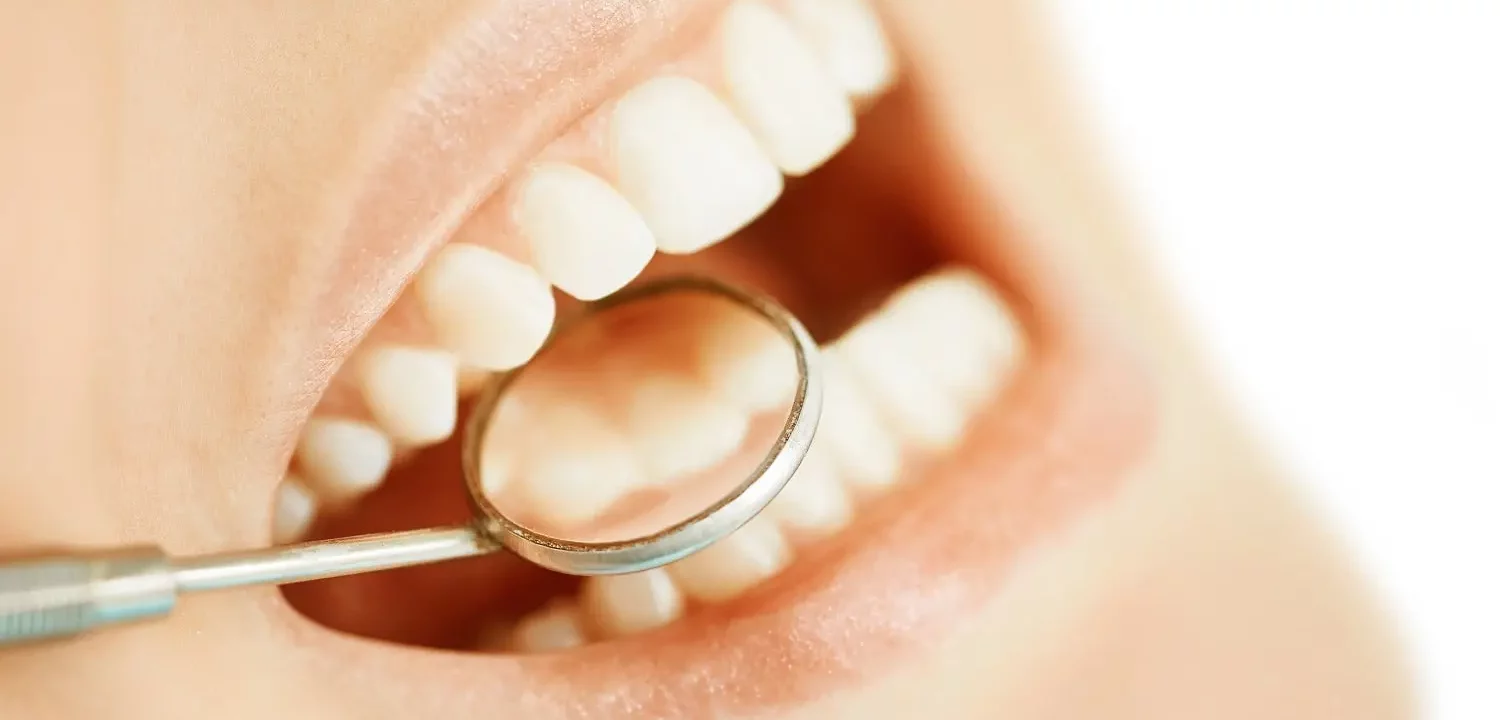
However, cannabis sativa or cannabidiol (CBD) hemp oil in its pure form has been shown to be an anti-inflammatory and antimicrobial agent that could help in the management of the dental disease of periodontitis since different studies have identified the inhibition of the formation of biofilm, which generates dental plaque.
It should be clarified that the consumption of cannabis does not imply that the effect of cannabidiol is manifested. It can aggravate the situation, producing stains on the teeth, bad breath, dry mouth (xerostomia) and the insufficient response capacity of the organism to the attack of bacteria and fungi in the oral cavity.
Benefits of CBD
Cannabidiol for medicinal use must be indicated by your dentist and/or treating physician, who will determine treatment time and dose while indicating where you can get it. Although some companies are not approved by the FDA, you should consult the state about permits for this product and who is authorized to distribute it.
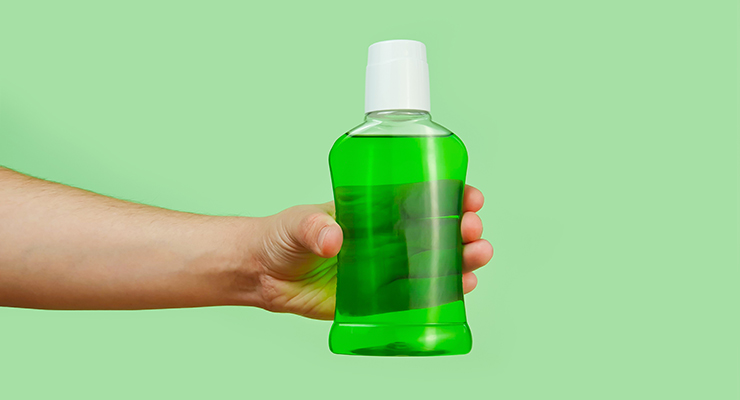
Some products such as mouthwash, toothpaste, dental floss, among others are considered cosmetic products, which is why many have incorporated cannabinol. Itas benefits such as:
- Mouthwashes with cannabinoid infusion or tinctures have presented a potential equivalent to the use of chlorhexidine in terms of antibacterial activity.
- Toothpastes with cannabidiol or other cannabinoids can be effective in controlling bacterial plaque, but it should be reviewed by your dentist since it varies from person to person.
- Application of the oil or rinsing with the tincture in water and sustained for a few minutes (not ingested) can help with inflammatory symptoms and/or pain relief.
- Over time, it could decrease bone loss due to periodontitis.
- It reduces the appearance of cavities or fungi in the oral cavity.
- It restores the pH of the mouth and favors dental remineralization. This is because when bacteria come into contact with food, it acidifies the saliva, favoring the growth of some bacteria while not allowing the absorption of certain minerals, which ends up weakening teeth.
Based on this, it may be suggested for use after a dental procedure for speedy recovery and symptom management.
Precautions and considerations to be aware of if you consume CBD
- Cannabidiol (CBD) is not recommended for use during pregnancy or lactation since the products may be contaminated with other ingredients that may harm the fetus or baby.
- Some products that contain cannabidiol are authorized for use in children older than one year, but it is recommended to check the label and confirm approval by the FDA.
- Patients with a liver or kidney disease or other condition should check with their dentist or treating physician since they may require a lower dose.
- Prolonged use or in high doses could cause side effects such as ow blood pressure, dizziness , dry mouth (xerostomia), drowsiness, low breathing, and loss of appetite. Although there are no reports on topical use, it is possible that it could generate an allergy. possible that it might interact with several medications, increasing or decreasIng its effects.
- Increases anticonvulsant levels in the body
- Increases the levels of some sedatives and antipsychotics, thereby increasing their adverse effects.
- Many oral medications are metabolized in the liver; the speed can change and create a risk for the effectiveness of treatment or increase the side effects.
- Medications used to improve body acceptance in organ transplantation may have their levels altered in the body.
- Levels of anticoagulants can be increased, creating the risk of bleeding.
- Increases the effect of local and systemic anesthetics, which can prolong the time of sedation and possible adverse effects.
Due to these issues, it is important to validate consumption with a doctor and dentist to establish possible risks, make adjustments, and assess the need for medicinal cannabidiol for treatment.

It is important to always validate your consumption and any indications with your treating doctor or dentist regarding the use of cannabidiol (CBD), so it does not generate health risks and impact your dental hygiene since its benefits and relationship to dental health are still under study. In addition, the use of the pure compound is controversial since there is no guarantee that it does not contain traces of THC. At Channel Island Family Dental, we can advise you and provide greater clarity on the use of these products in the care of your dental health.
Contact us
If you have any of these issues and need guidance, feel free to visit Channel Island Family Dental.
At Channel Island Family Dental, we focus on providing a timely diagnosis. In addition, at Oxnard Dentist, Ventura Dentist,Newbury Park, Port Hueneme Dentist, and Santa Paula Dentist, we provide the best treatment to restore your confidence in smiling again.
Bibliography
- Matias M, Alejandro F, et al. Influence of Cannabis Use on Periodontal Disease: A Scoping Review. Dentistry. June, 2018; 10(31). DOI: 10.22592/ode2018n31a2. (cited on July 29, 2022). Available in: http://www.scielo.edu.uy/pdf/ode/v20n31/1688-9339-ode-20-31-4.pdf
- Stahl V, Vasudevan K. Comparison of Efficacy of Cannabinoids versus Commercial Oral Care Products in Reducing Bacterial Content from Dental Plaque: A Preliminary Observation. Cureus. 2020 Jan 29;12(1):e6809. doi:10.7759/cureus.6809. PMID: 32038896; PMCID: PMC6991146. (cited on July 29, 2022). Available in: https://www.ncbi.nlm.nih.gov/pmc/articles/PMC6991146/3
- MedlinePlus in Spanish [Internet]. Bethesda (MD): National Library of Medicine (USA). Document revised 02/07/2022. Cannabidiol (CBD). (cited July 29, 2022) Available at: https://medlineplus.gov/spanish/druginfo/natural/1439.html
- Margo Livingston, MD. CBD oil as an antibiotic. (Internet). PURECBD organic. February 2021. [cited 2022 Jul 28]. Available in: https://www.pureorganiccbd.com/es/blog/medical-uses-for-cbd/cbd-oil-as-an-antibiotic/
- Alfred Carpenter. CBD: Benefits, Properties, Risks and Precautions. Angulo Pharmacy (Internet). Published April 24, 2022. (cited August 1, 2022).
- Department of Scientific Information, Evidence Synthesis & Translation Research (Internet). ADA Science & Research Institute, LLC. Revised September 16, 2021. (cited July 29, 2022) Available at: https://www.ada.org/resources/research/science-and-research-institute/oral-health-topics/cannabis-oral-health-effects
- PureCraft (Internet). Published June 8, 2022. CBD in oral care: can cbd help your teeth & gums?. (cited on July 29, 2022). Available in: https://purecraftcbd.com/blogs/news/cbd-in-oral-care-can-cbd-help-your-teeth-and-gums



